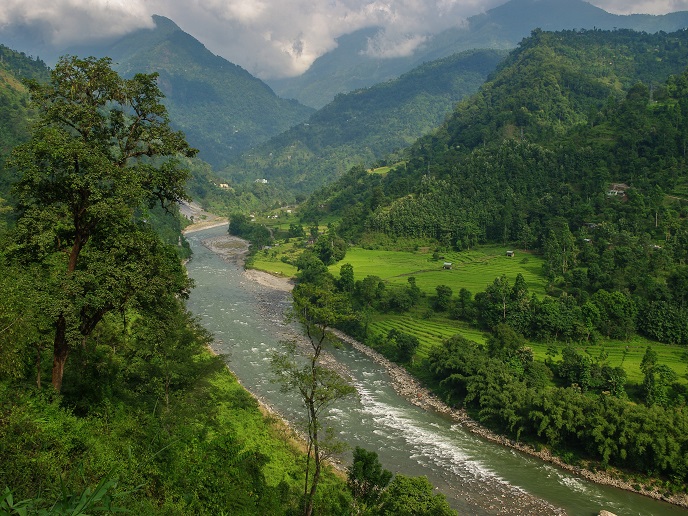Sustainable solutions for water management in India
Globally, 2.1 billion people live without access to safe water(opens in new window). Among them are 160 million people worldwide who collect their drinking water directly from surface water sources, where they are exposed to pollutants such as sewage, industrial waste waters, pollution and contaminants of emerging concern (CECs) such as genetic material, pharmaceutical residue and synthetic hormones. This issue is particularly prominent in water-stressed areas such as India. Here, 63 million people(opens in new window) do not have access to clean drinking water, with shortages also affecting irrigation and industrial use. There is an acute need for effective solutions to increase access to safe water and treat waste water for recycling, to prevent outbreaks of waterborne illness such as diarrhoea, cholera and typhoid. In addition, clean, reliable water supplies are essential to serve the needs of the population and provide growth and prosperity. This Results Pack casts a spotlight on the groundbreaking work carried out by projects funded under a pioneering collaboration between the EU and India’s Department of Science and Technology(opens in new window) and the Department of Biotechnology(opens in new window) within the Indian Ministry of Science and Technology. All projects are dealing with environmental challenges and focus notably on water management and treatment. The seven projects address a range of important issues, including: drinking water purification, with a focus on emerging pollutants; waste water treatment, including bioremediation technologies, with scope for rainwater harvesting and resource and energy recovery; and real-time monitoring and control systems in water distribution and treatment systems. The coordinated support of EU and Indian funding programmes is allowing new innovations to be devised, developed and demonstrated in field trials. Not only is this work providing a foundation of innovative methods and technologies within the specific geographical areas targeted by the different projects, but it brings solutions that can be applied and upscaled throughout the whole country. From these projects, several new technologies are emerging: they are ready for scale-up and market uptake. In the framework of the Trade and Technology Council(opens in new window), the EU and India are committed to following closely the market uptake of these new technologies and products, so as to ensure a good return on investment for research and innovation cooperation between the EU and India. The seven projects in this Pack reflect a range of challenges to clean water provision in India and beyond. The Saraswati 2.0, SPRING and PAVITR projects tested a range of cost-effective and decentralised technologies to treat and monitor waste water. The PAVITRA GANGA project piloted advanced technologies to treat and recycle water, while PANI WATER deployed new technologies capable of making waste water safe for use in agriculture. The INDIA-H2O project tested a solution for extracting potable water from brackish groundwater, while the LOTUS project’s carbon nanotube technology offers real-time monitoring of water supplies to prevent deadly outbreaks.



